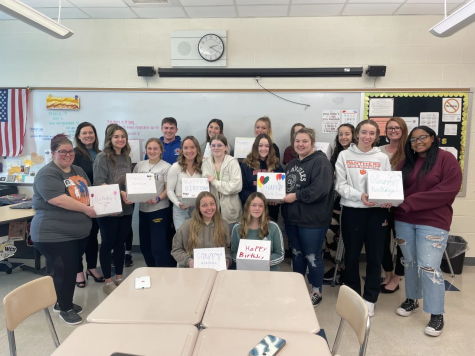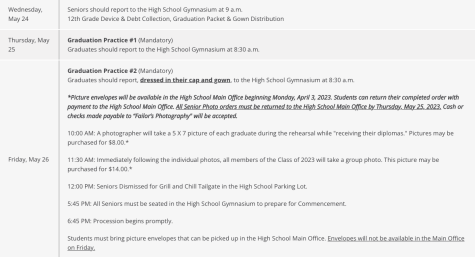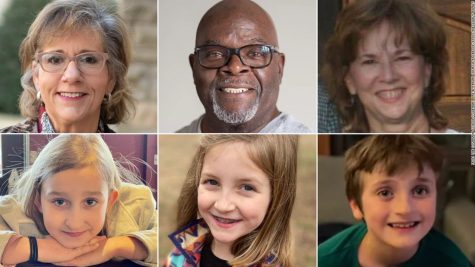COVID-19 emerging complications in rural areas
October 2, 2020
At the start of the 2020 school year, many students are struggling to adjust to the new norm. Whether they are doing full time in person, completely remote or a mix of both. Especially those students who are doing online in rural areas are having a hard time accessing the internet in order to complete school work.
The Boren family lives on a cattle ranch near Idaho’s Owyhee Mountains. Mandi Boren, the mother of four children currently doing online schooling now, thought that it wouldn’t be that difficult to accomplish. Her plan was to have the kids done with school on a normal schedule, afterward, they could help their dad with the farming.
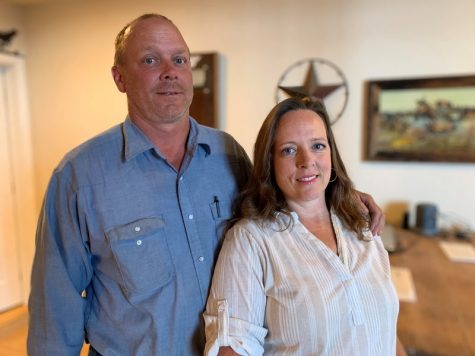
“Well, it didn’t turn out so great,” said Boren. In fact, trying to use Zoom and Google Classroom was a bust. Their internet was already unstable throughout the day and spreading it out to all the kids affect the already slow speeds. Thankfully the kids went back to school near the end of September and hopefully, their school won’t need to resort to online schooling again this year.
Putting this idea into perspective, at the beginning of the lockdown last school year, many schools had to hand out paper copies of everything.
“I don’t know why anybody would rationally think ‘we can just hand you a packet, and here you’re going to go teach yourself,’ that’s basically what was going on,” says Dr. Leslie Molina, principal at McDermitt Combined Schools in northern Nevada. In her school about 75 percent of students had no internet access, making the end of the 2019-2020 school year even more challenging.
When the schools opened up on Sep. 8 Molina had set of tablets and cellular hotspots, to get rid of the dreadful paper packets. This plan has so far worked for the school in Nevada, but many rural schools are still facing those internet issues.
Obviously, the hotspots idea is not a complete solution, since some rural areas will just always have spotty connections.
According to NPR, “Rural leaders have been lobbying Congress for a big public works project.” The project could support and help rural areas gain access to higher internet speed access.

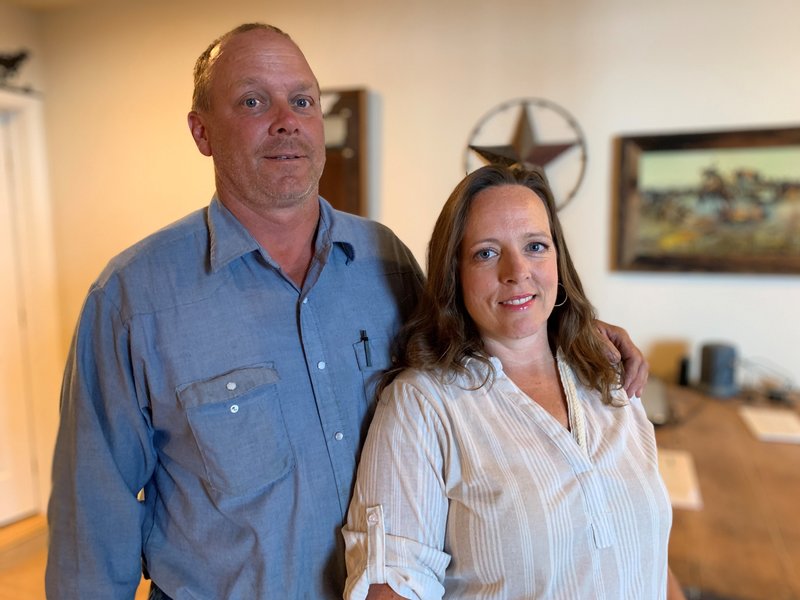

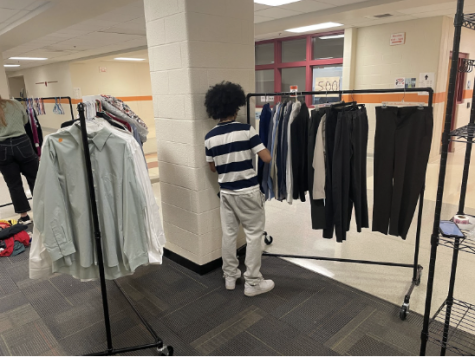
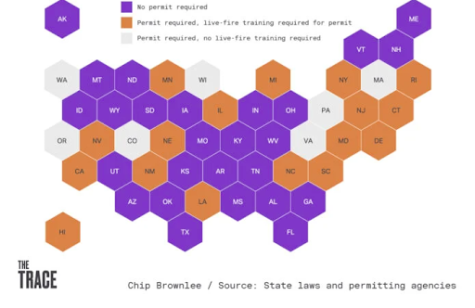

![“She [Walker] was the biggest advocate for any student,” said Basile.](https://mundismillmedia.com/wp-content/uploads/2023/05/Colorful-Watercolor-Note-Paper-with-Brush-Stroke-A4-Document-336x475.png)

